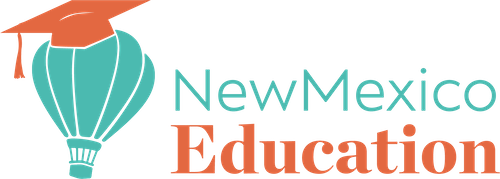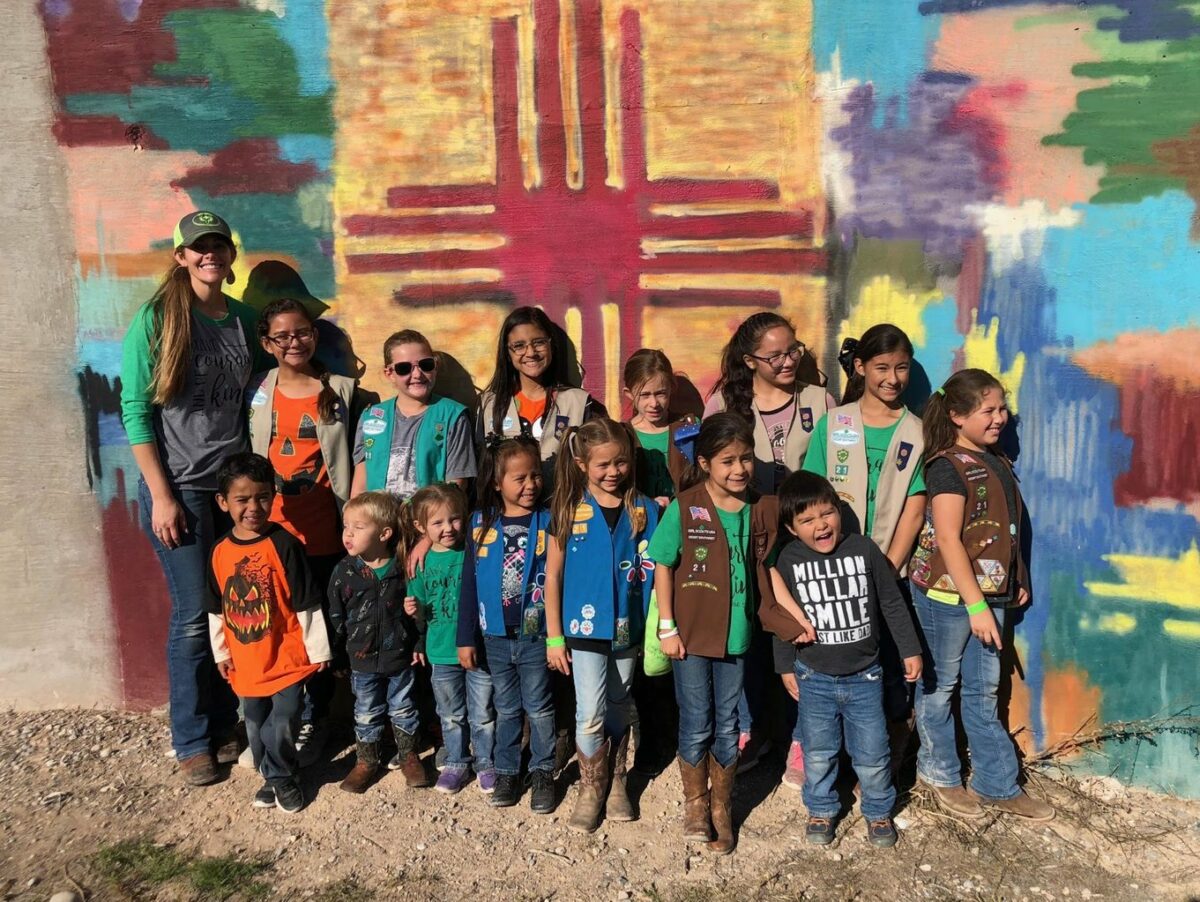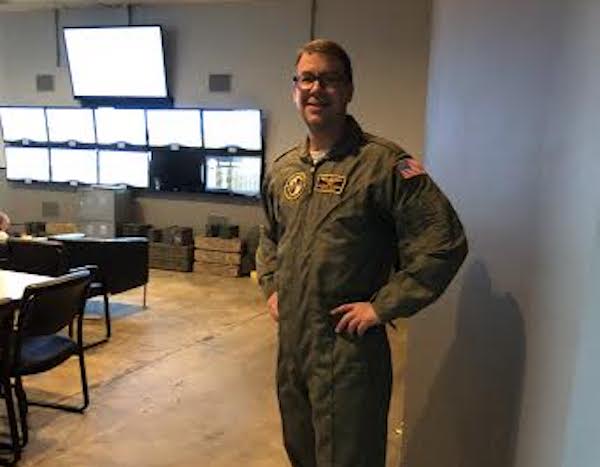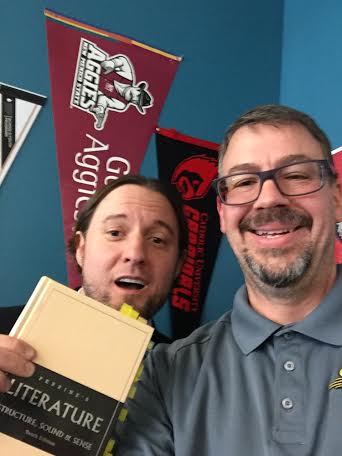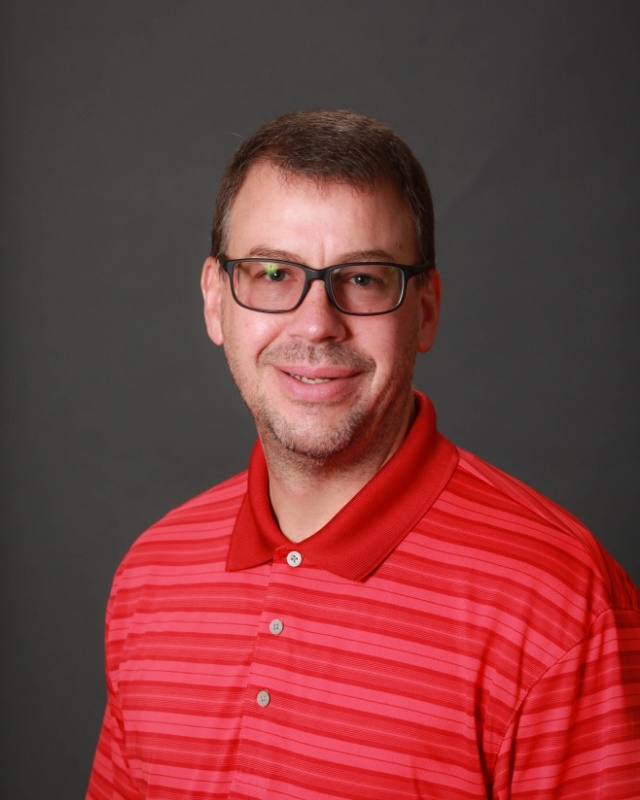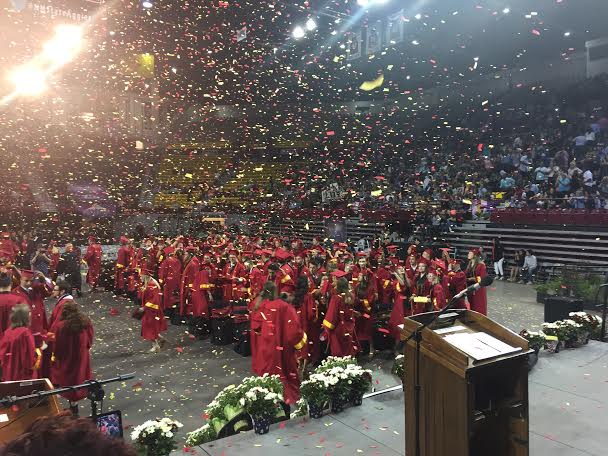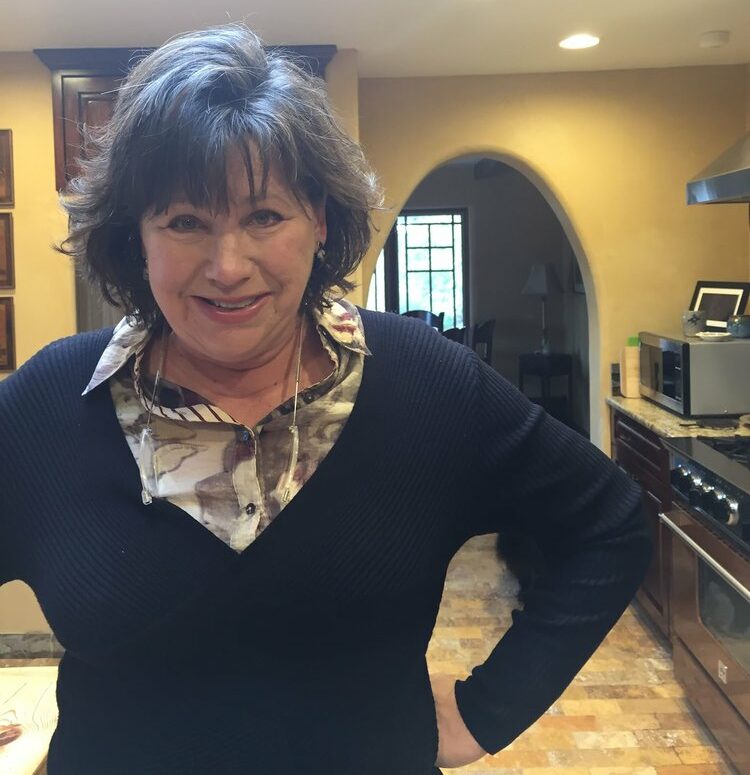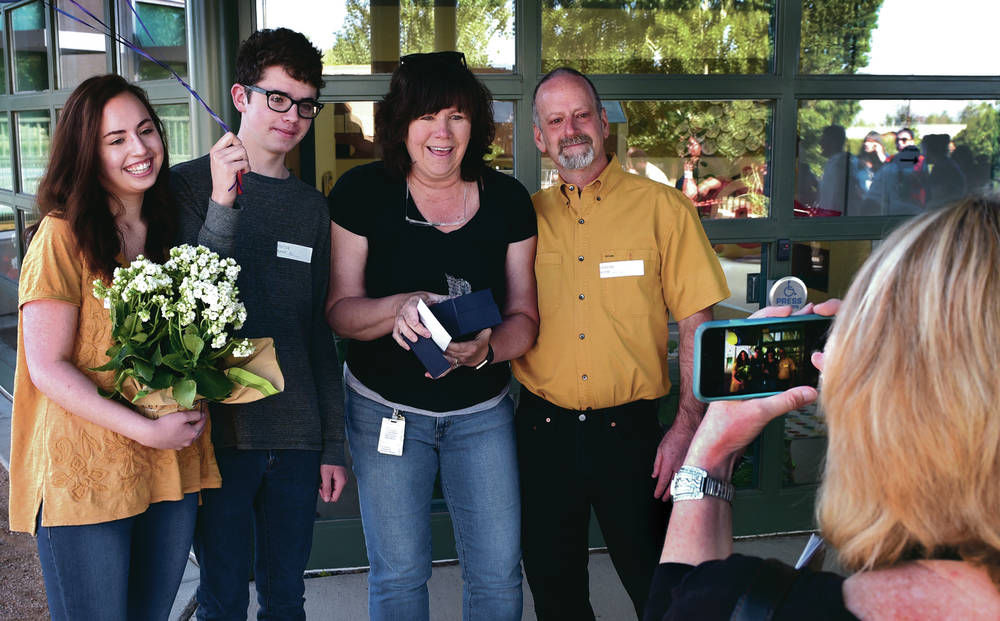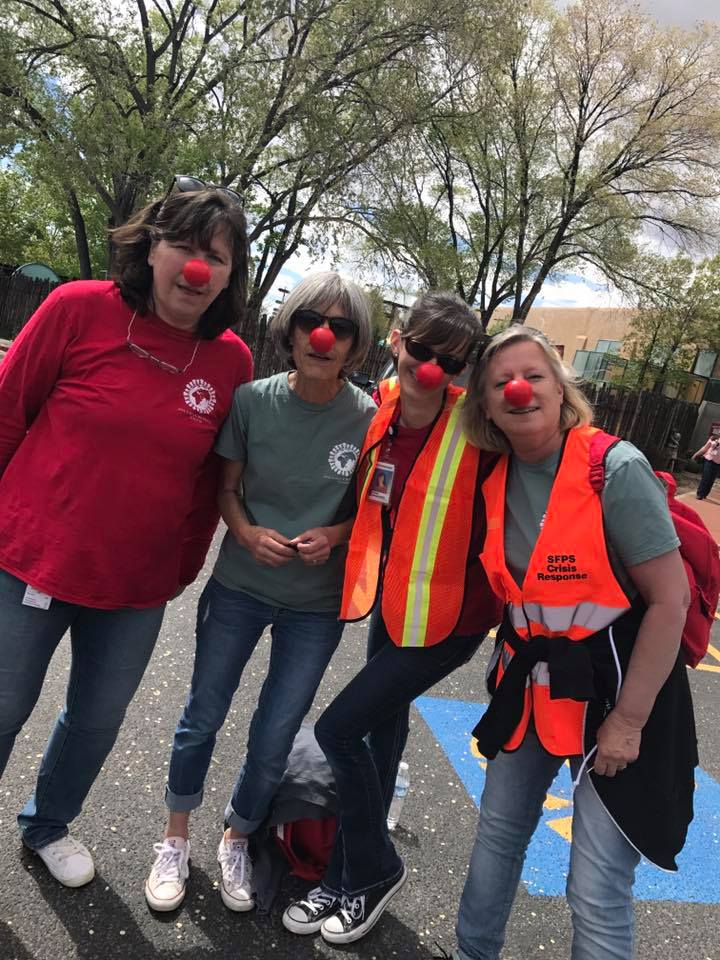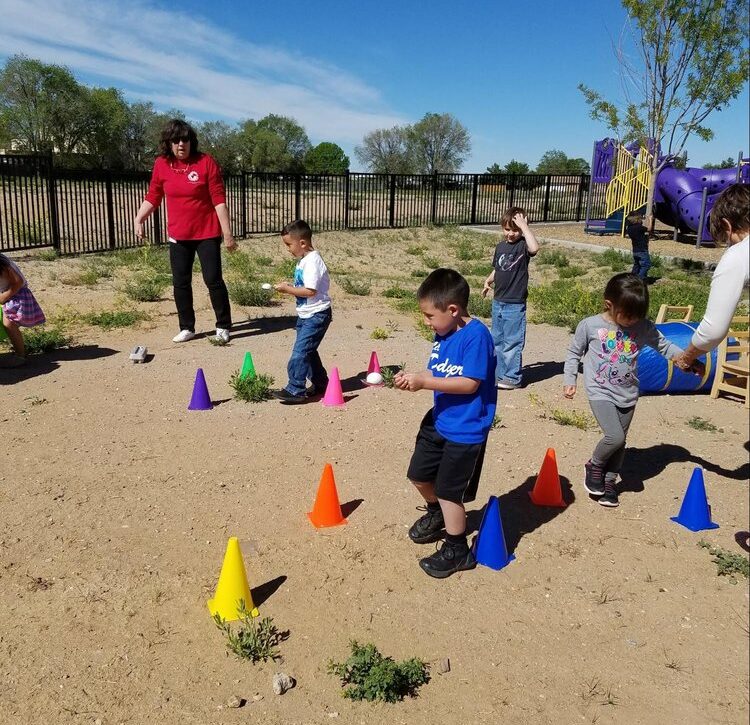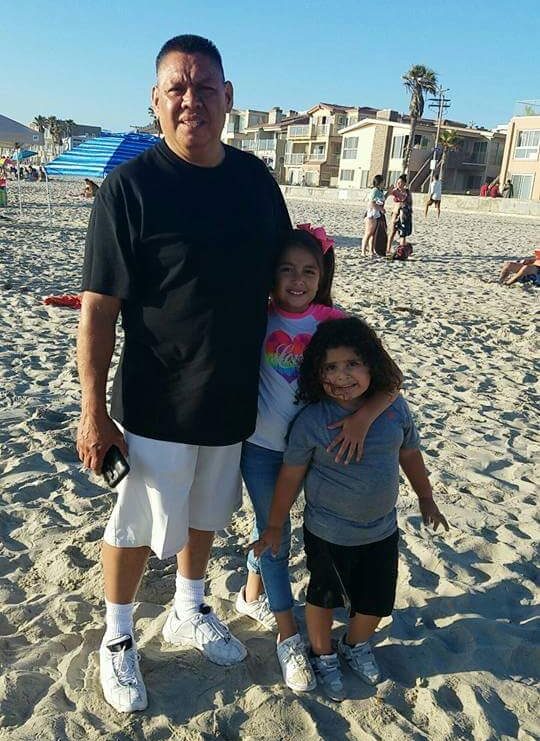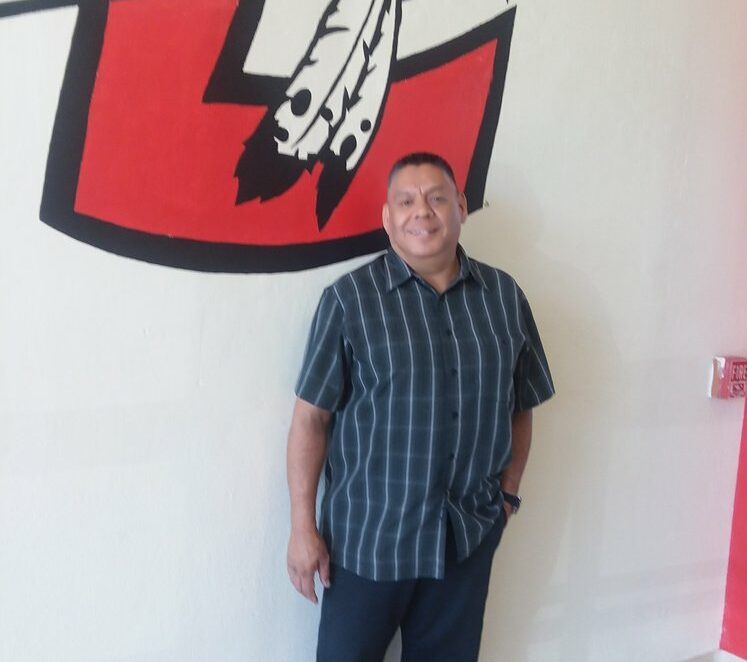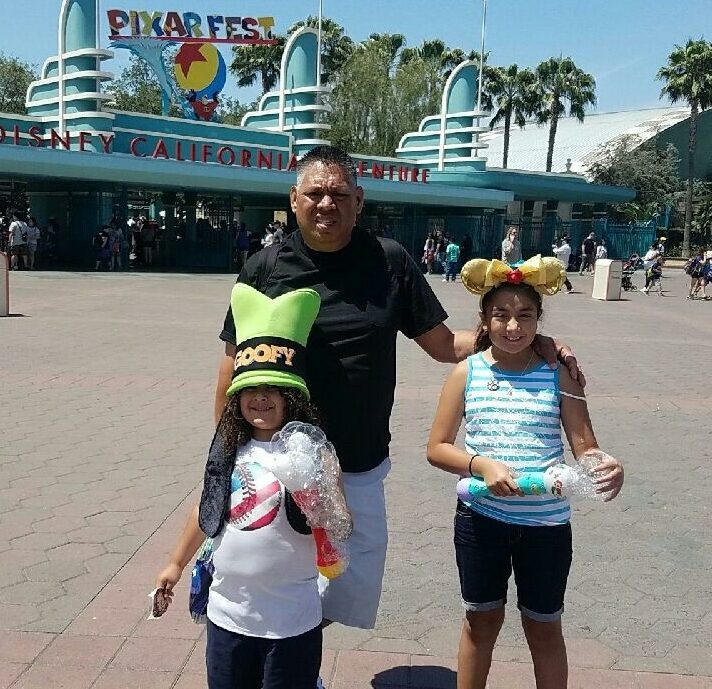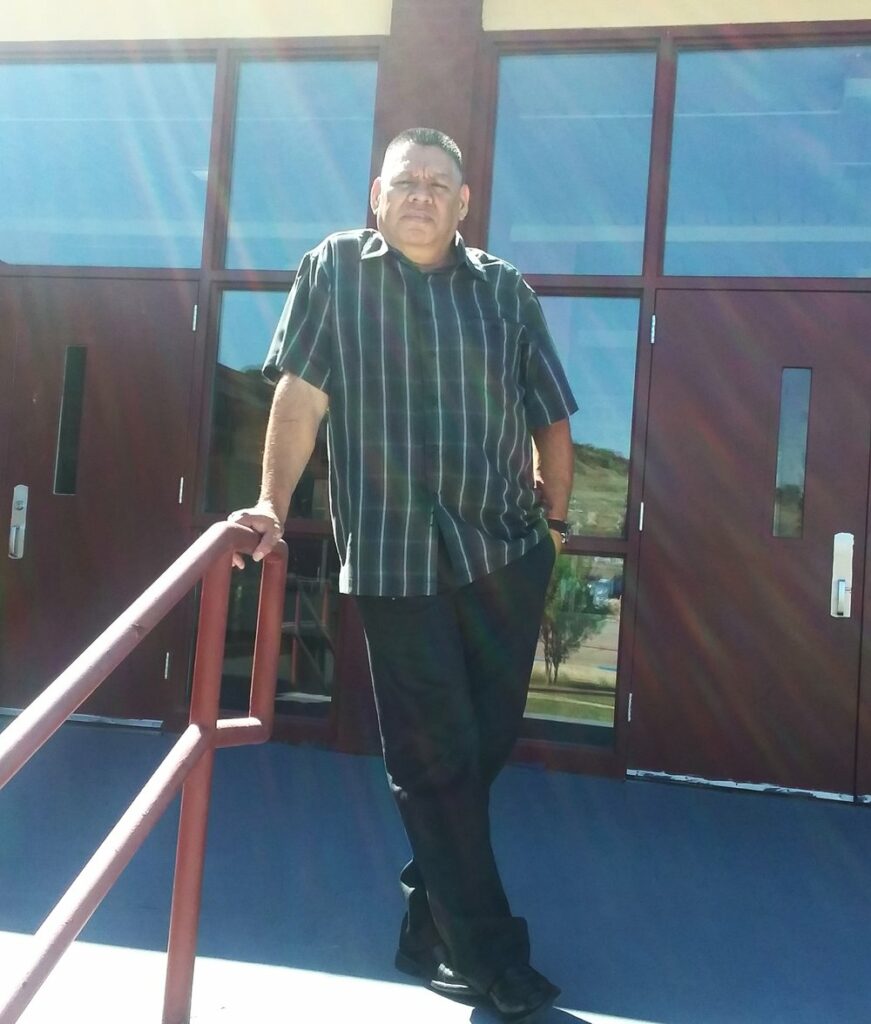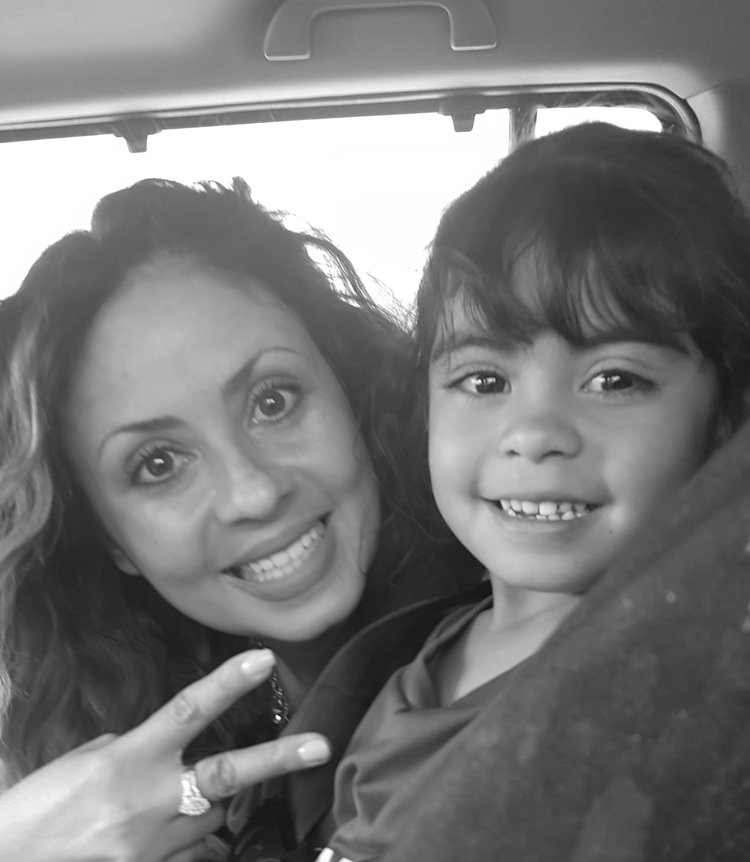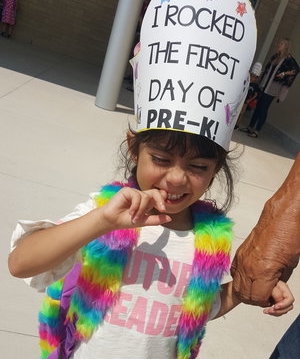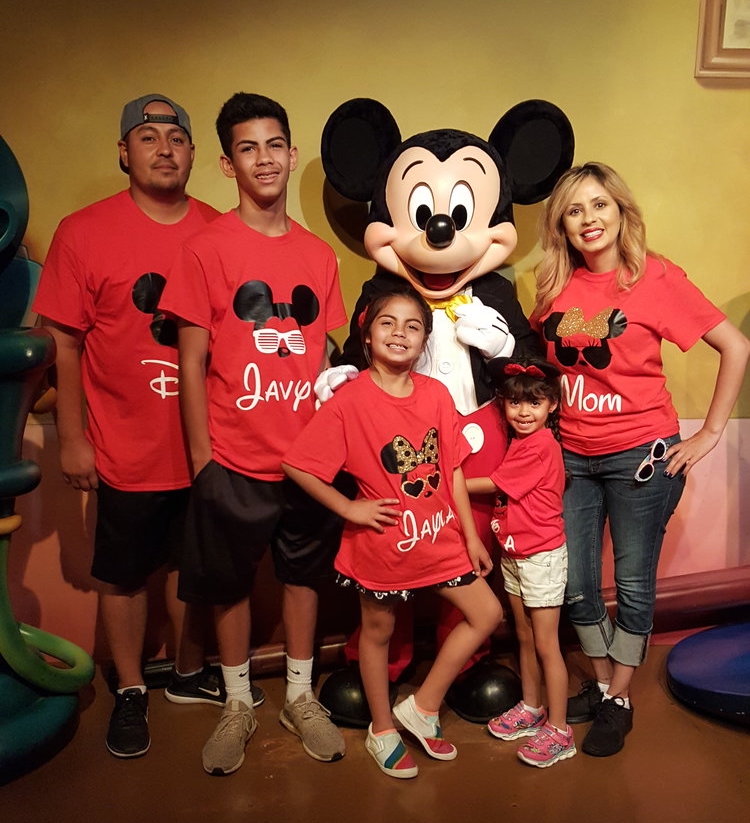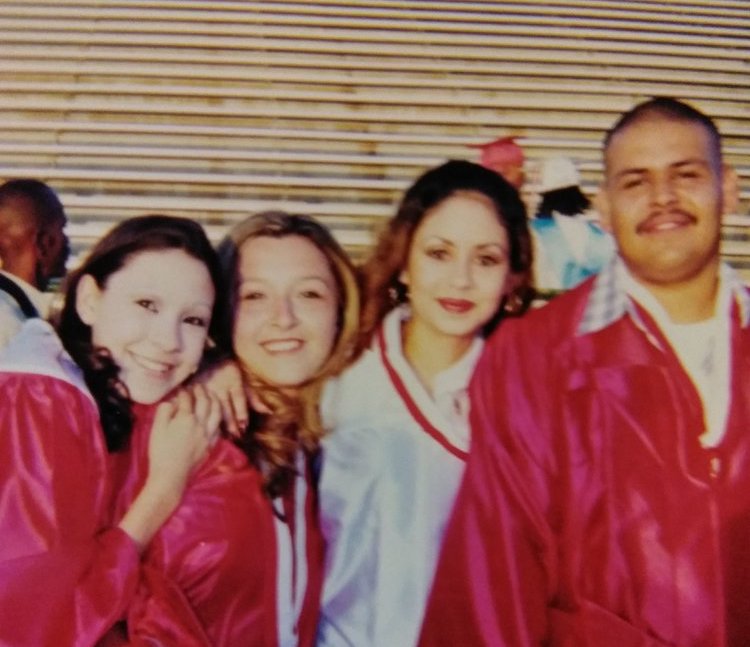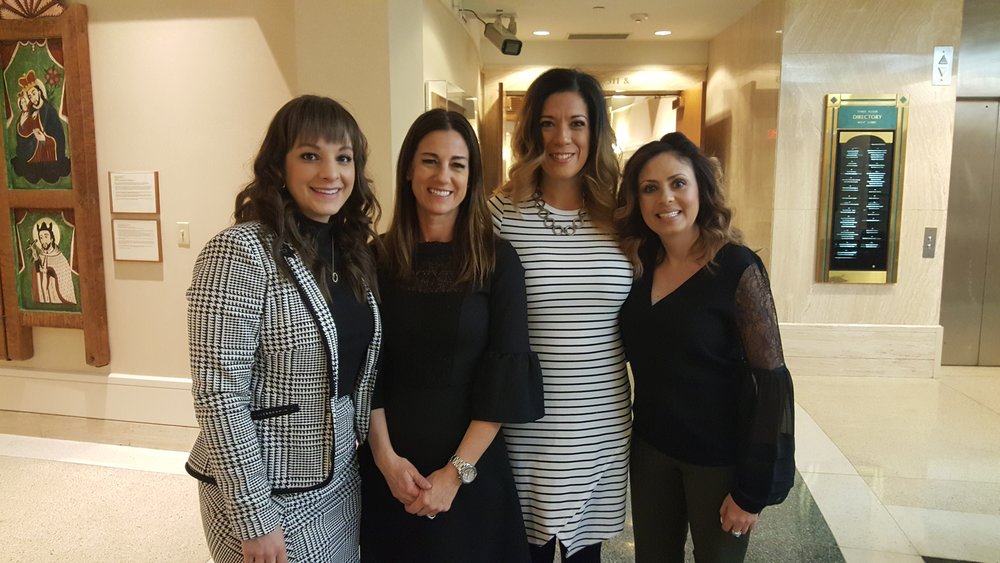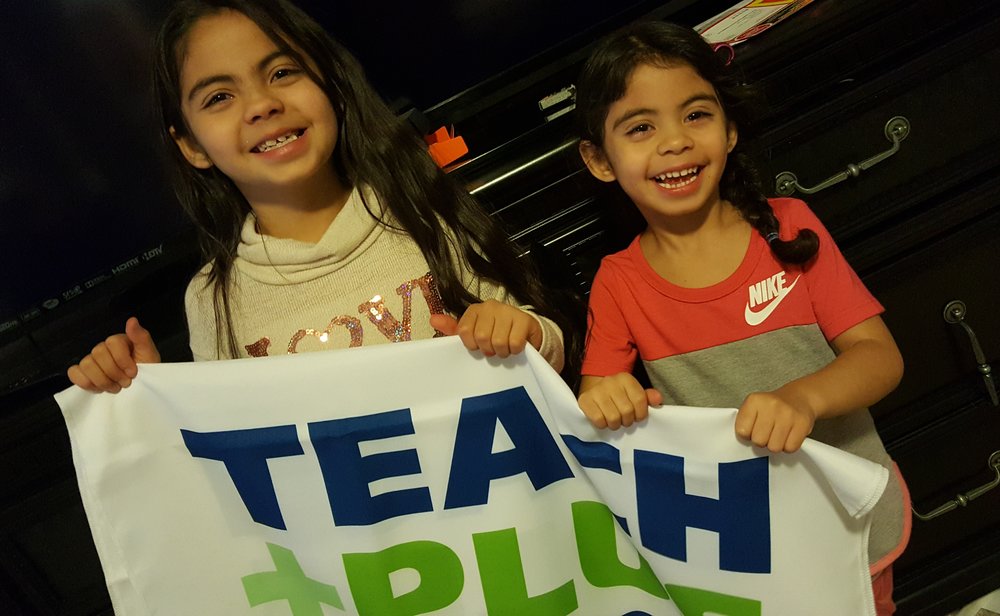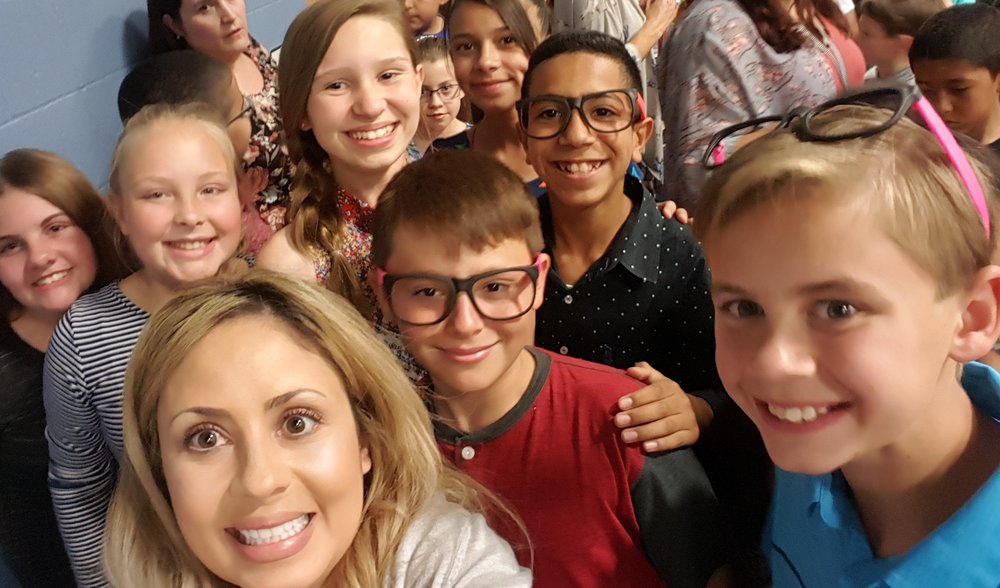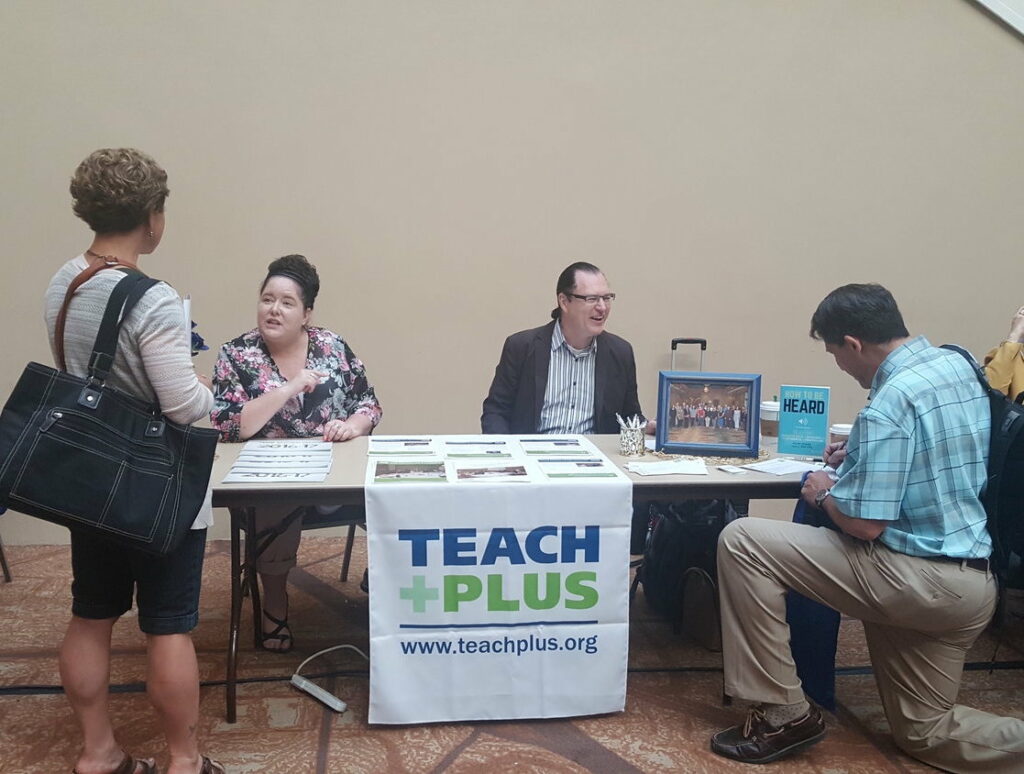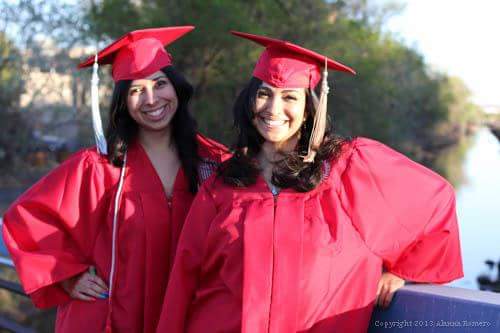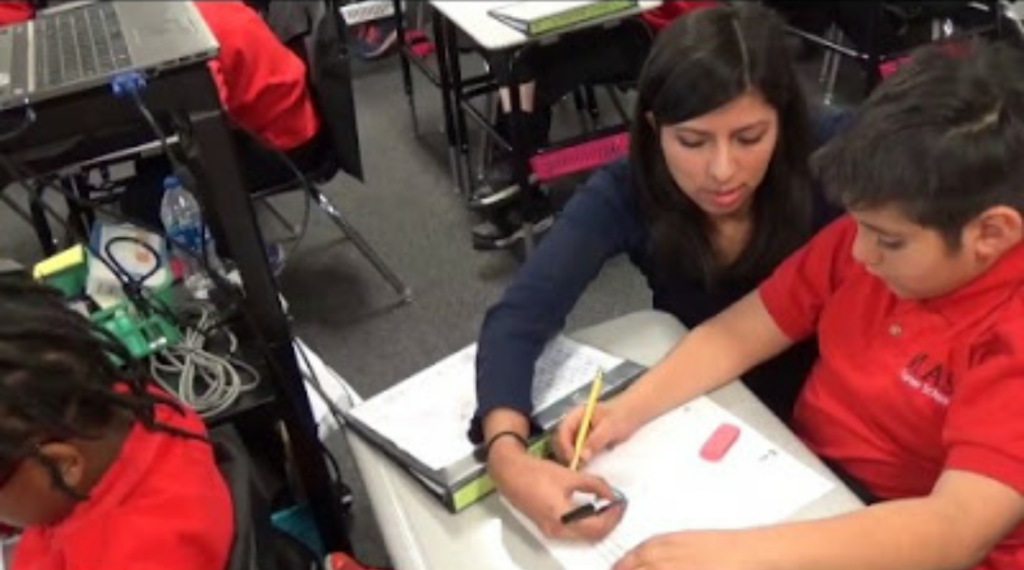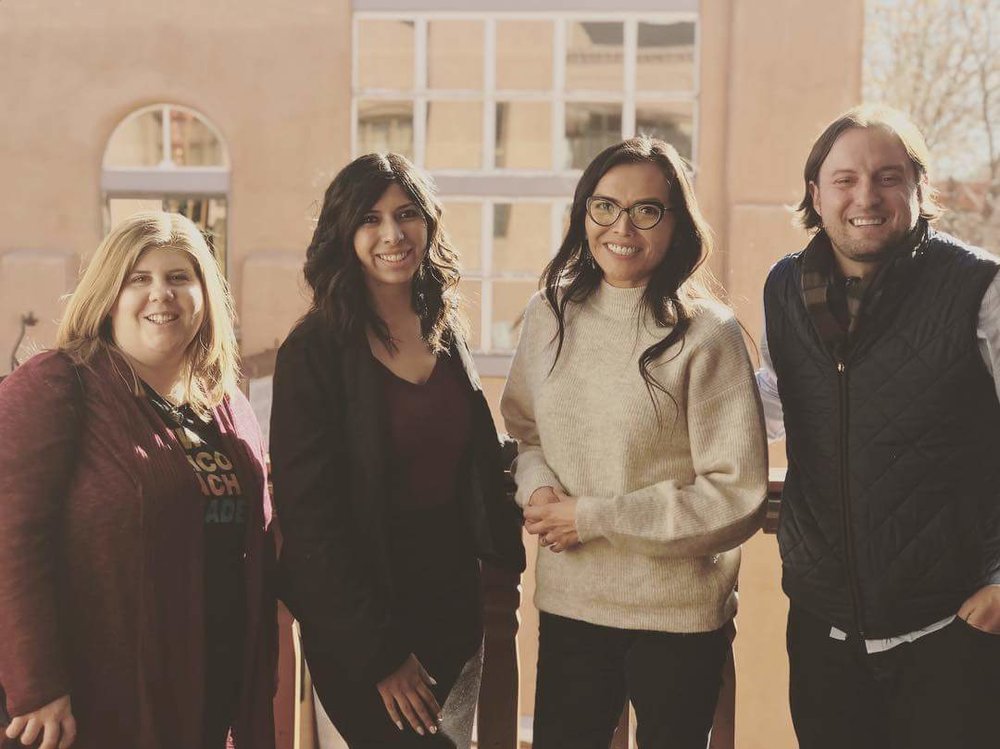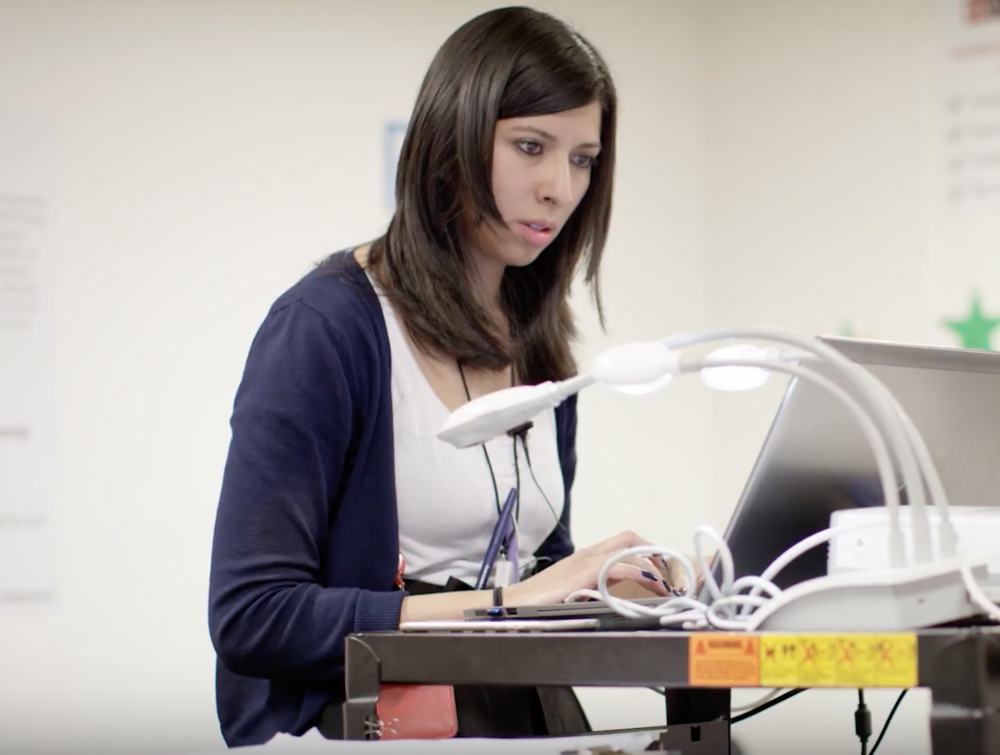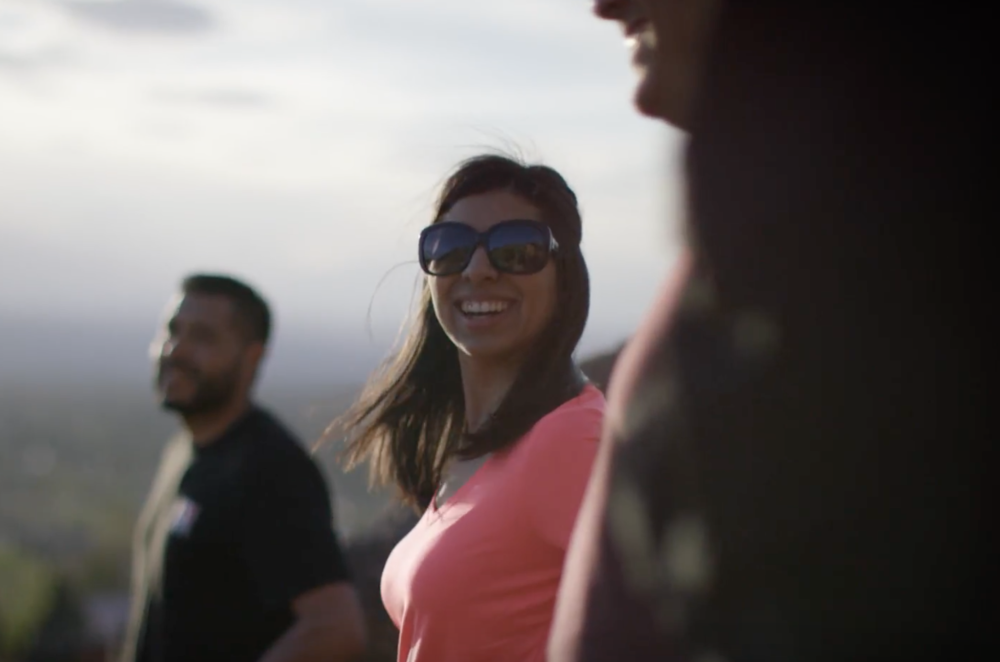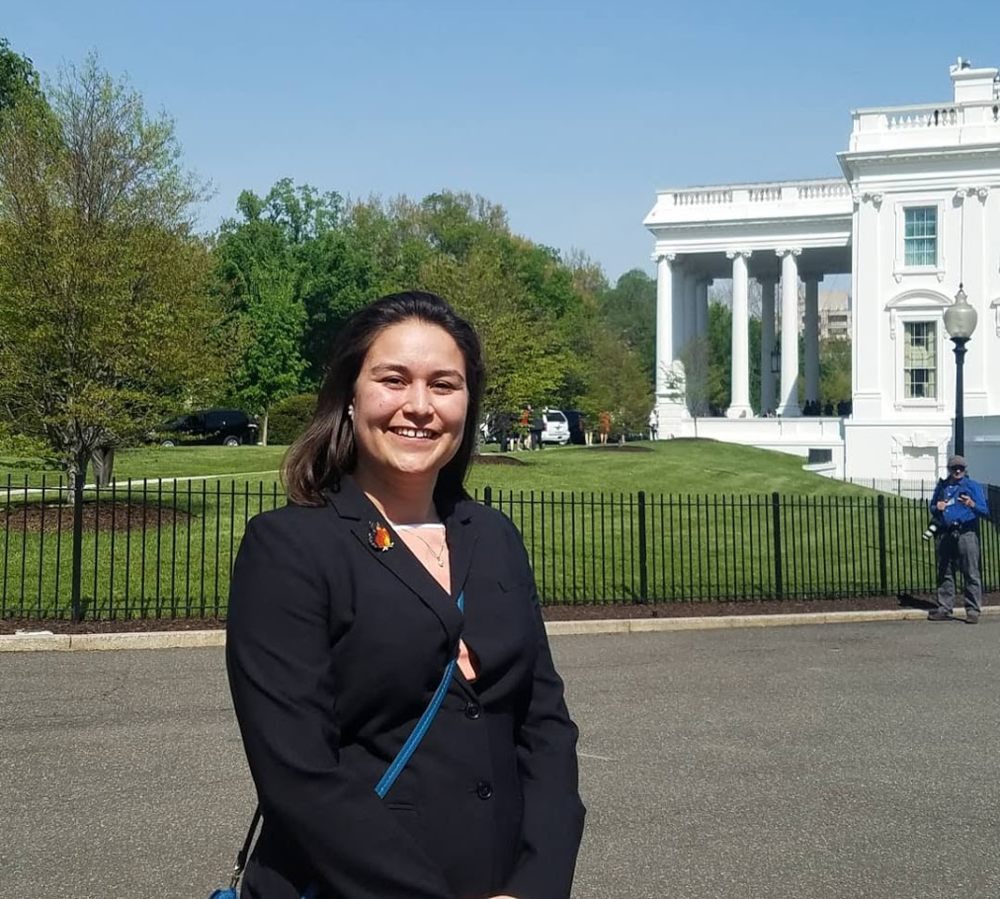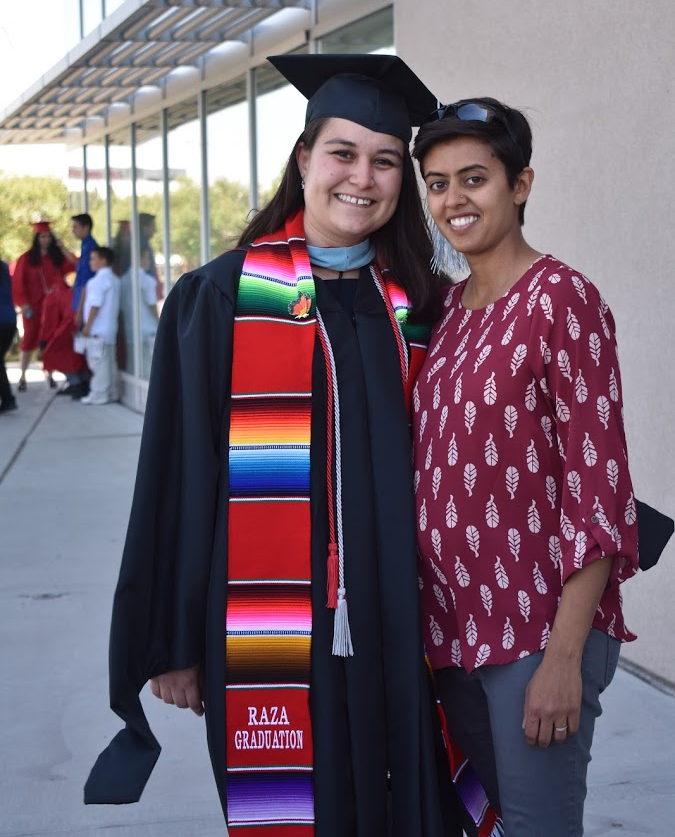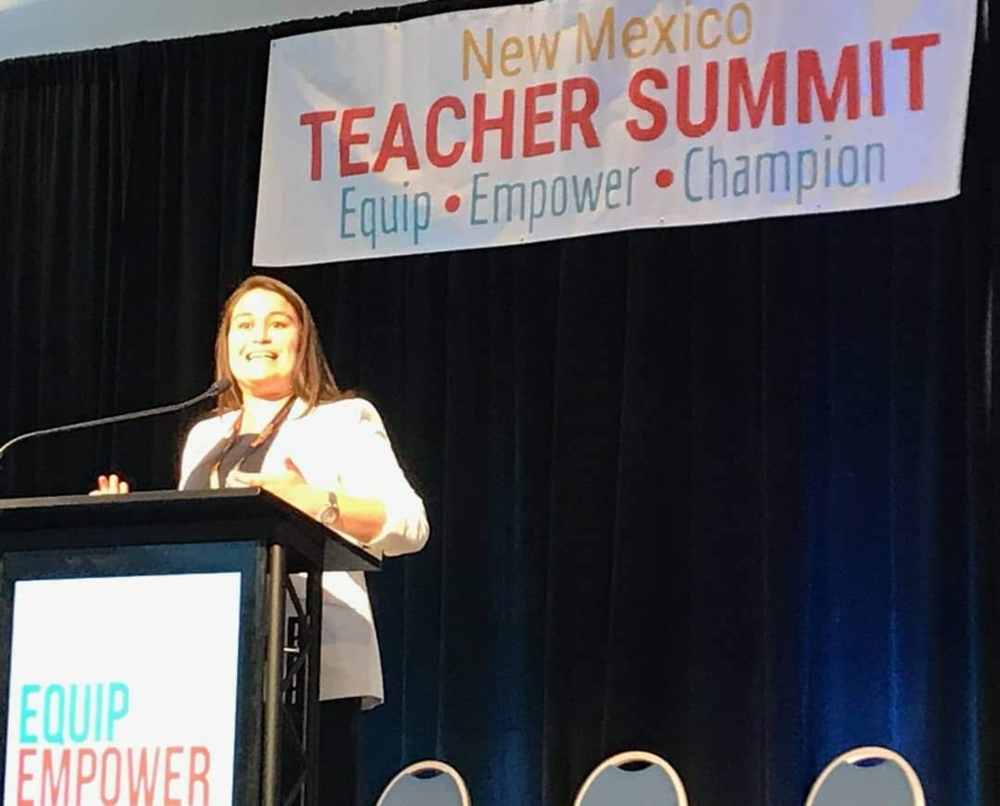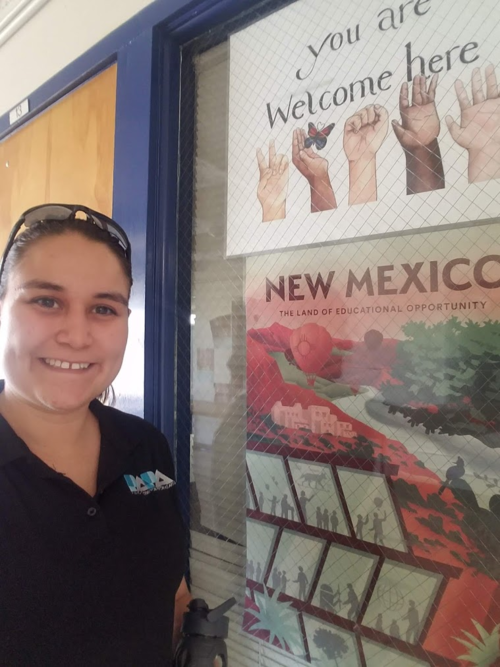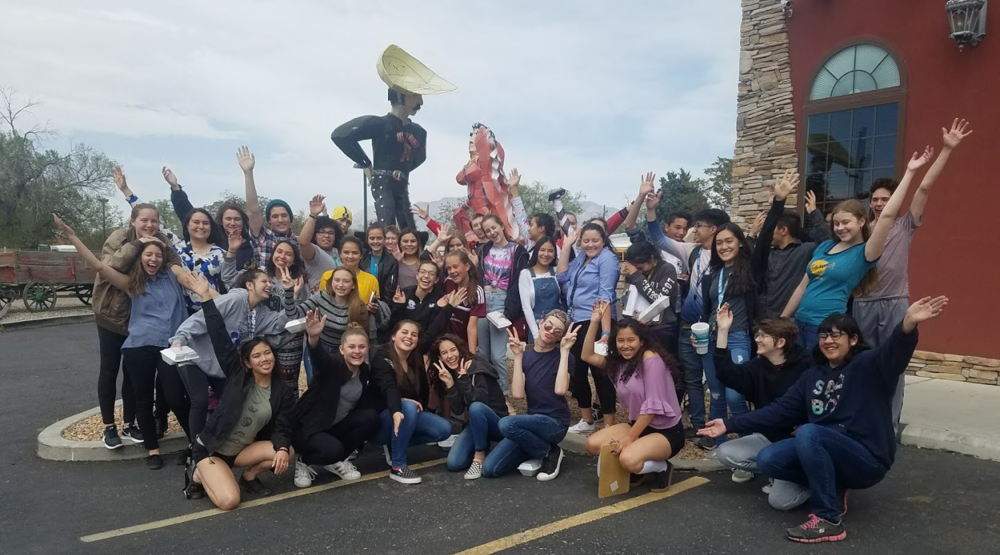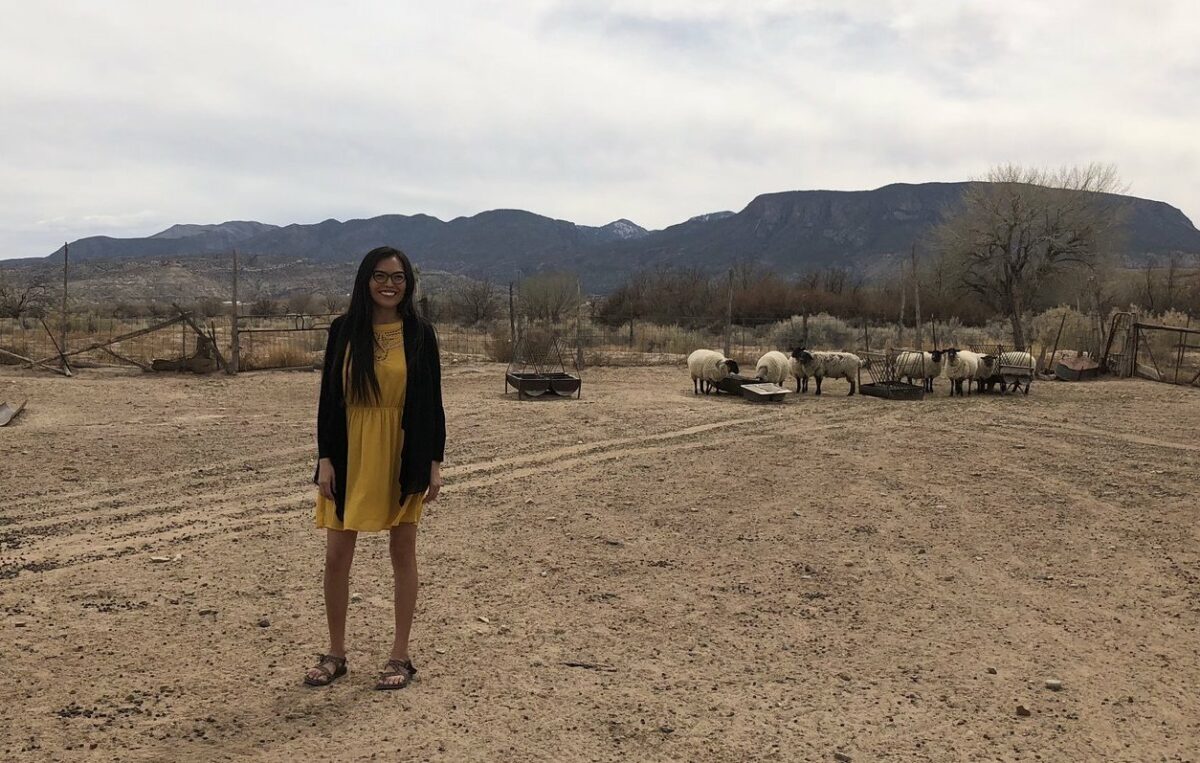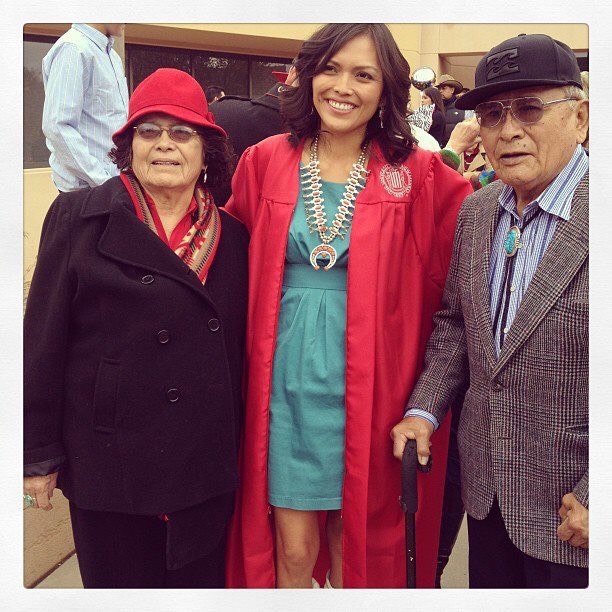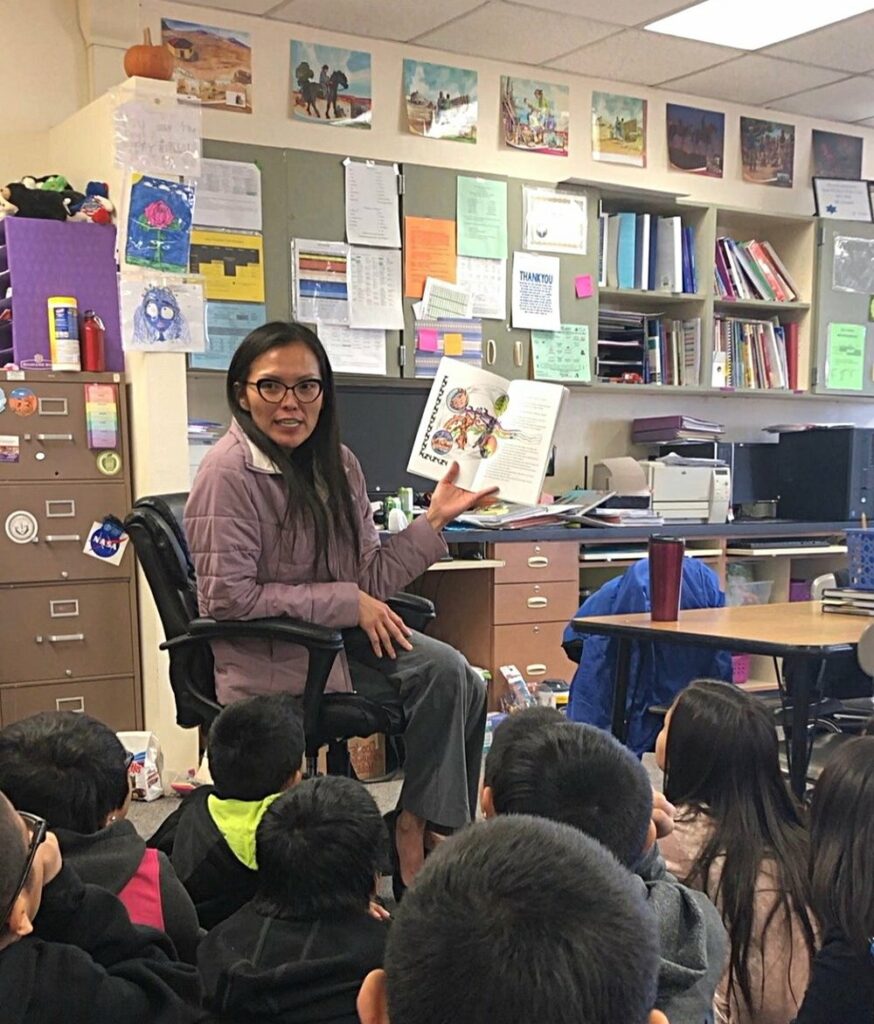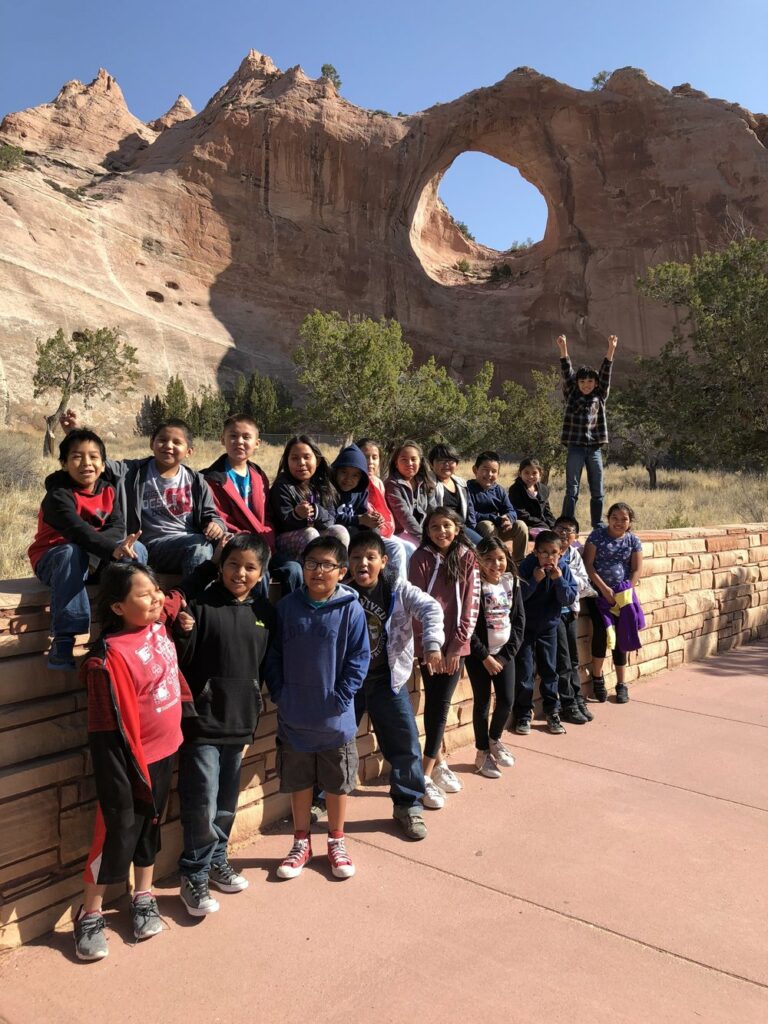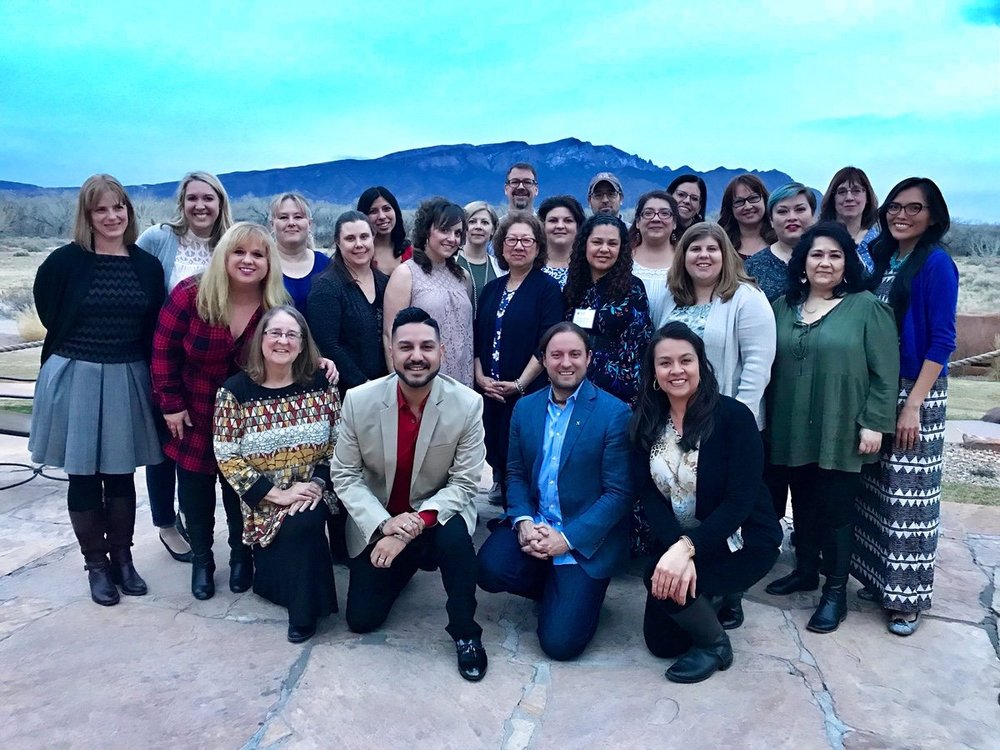Bringing a Passion for Science to the Classroom: Coffee Break with Jessica Sanders, New Mexico’s 2019 Teacher of the Year
Full Name: Jessica Sanders
Hometown: Colorado Springs, CO
Current City: Roswell, NM
Grade(s)/Subject(s) Previously Taught: 6th and 7th grade Science
School and District: Berrendo Middle School, Roswell Independent School District
First things first, what role does coffee play in your life as a parent and educator?
Coffee plays a HUGE role in my life! As the mother of four children (Jillian 9, Jossilyn 6, Luke and Laurie 3), teacher, school leadership team, mentor teacher, volleyball coach, Girl Scout Troop leader, wife, and friend, I need coffee to keep up! There’s nothing like the first sip; it literally warms my soul. I always say my favorite gifts are Starbucks gift cards in $25 increments!
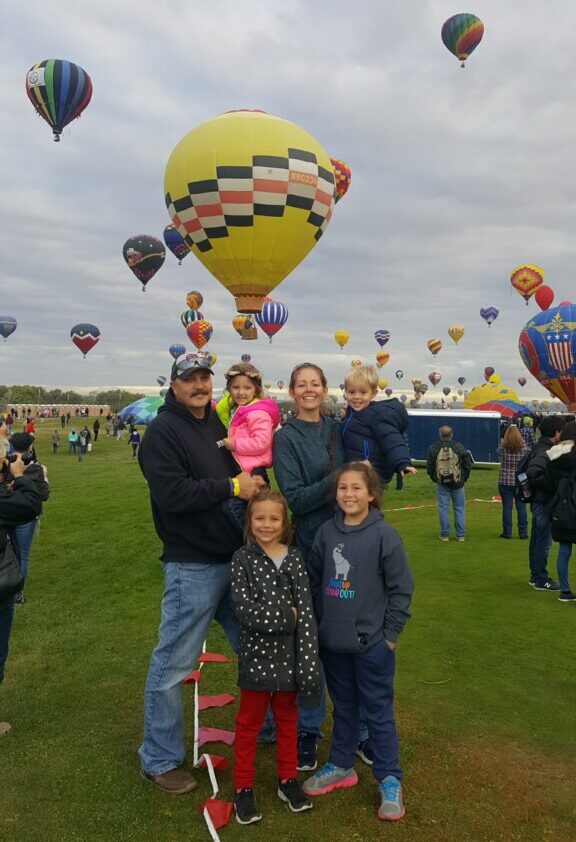
Let’s start with you sharing a bit about how you grew up and how you ended up in The Land of Enchantment.
My father was in the U.S. Army so we were stationed all over the country. As a result, I grew up a proud Army brat. We were stationed last at Fort Carson in Colorado Springs where I attended Widefield High School. I came to New Mexico to attend New Mexico Highlands in Las Vegas because of their school of education and volleyball program. I played four years of volleyball and earned my BA in Elementary Education and MA in Curriculum and Instruction from NMHU. I fell in love with New Mexico’s culturally diverse people, rich history, and food! Finally, when I met and married a native New Mexican, I realized I was here to stay. I’m proud to live here and raise my children in this beautiful state.
What got you into teaching in the first place? And what’s kept you in the field?
I struggled with dyslexia as a young learner and it wasn’t until middle school that I truly felt success as a student. My middle school Language Arts teacher made a personal connection and investment in my life. She taught me to use my strengths and my weaknesses to my advantage-and how to overcome my adversities through perseverance. Ms. Parker engaged me through curiosity, intrigue, and relating content to my everyday life. She made me feel empowered through knowledge regardless of my struggles or adversities.
That same year, Mr. Tuggle became my science teacher and personal version of Yoda! He instilled in me a passion for science that’s guided me until this day. He presented science in a way that I could understand. I knew at that point I wanted to be a teacher.
I wanted to be just like my role models: engaging, connected, and passionate. I wanted to do for others what these fine professionals had done for me. I wanted to open the minds of my students by creating personal connections and engaging each student as an individual person and learner. After 12 years in the classroom, I still cry on the last day of school and look down the hall on the first day of school searching for the faces of students that have all touched my life!
I am truly passionate about science education and empowering all learners through science content. The New Mexico STEM Ready science standards are elevating science education in New Mexico and I can’t wait to help graduate more students who will pursue science careers in New Mexico. This passion and dedication to science is what keeps me drinking coffee and working on making myself the best science teacher I can be.
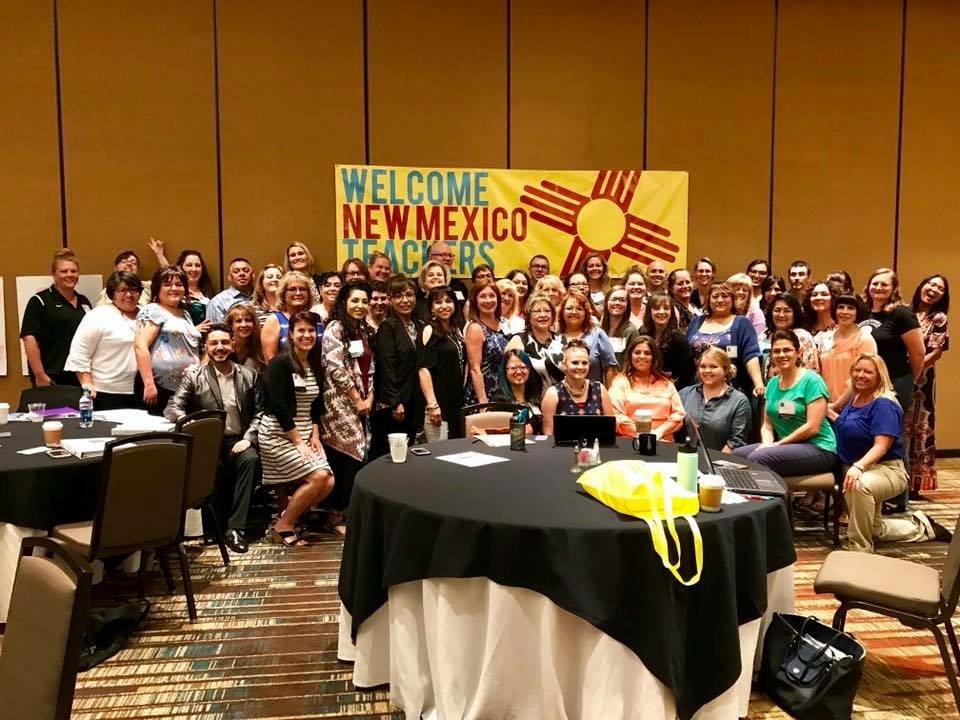
What did growing up with dyslexia teach you about being an educator and working with students who have unique needs?
Growing up with dyslexia was frustrating. I didn’t process information like everyone else around me, yet I felt I was expected to learn just like them. Over time I learned to embrace the fact that all people have strengths and weaknesses and that differences not only make us unique, but also valuable.
I have built my testimony through a variety of challenges, failures, and successes, developing into a better, more empathetic person for understanding struggling students as well as accelerated learners. So while I can identify with the struggling learner, I also relate to the gifted and talented learner who’s academic differences mirror my own as a twice-exceptional learner. My personal need for rigor may have been just as strong a need as my journey through adapting to dyslexia was.
Based on my experiences growing up, I decided I wanted to help all students learn science within their diverse and unique exceptions. Teaching in differentiated ways builds a community for learning that makes relatable connections for all students. My focus may be on the content and its alignment to standards, but my delivery and approach are attempts at creating success for all learners. I want my students to find ways to use their strengths and weaknesses to their advantage to achieve their goals in life.
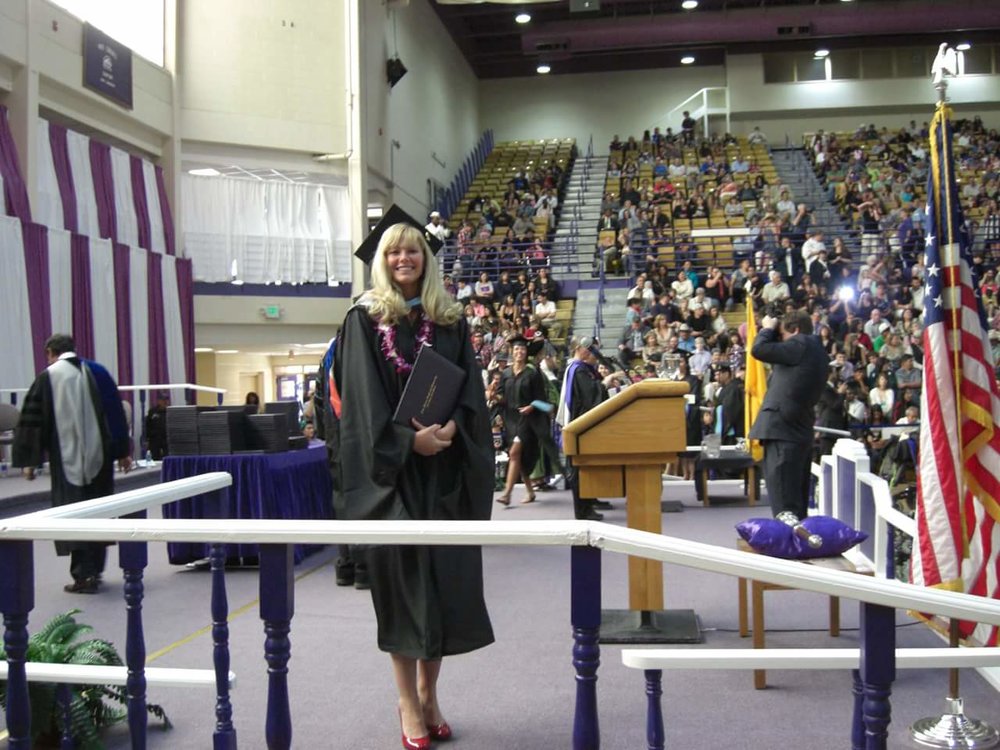
What’s it been like in the time since you were announced as New Mexico’s 2019 Teacher of the Year?
Since being announced as New Mexico’s 2019 Teacher of the Year I haven’t had the opportunity to catch my breath! The excitement of the upcoming year and the knowledge that I will obtain is just baffling. I have really enjoyed all the congratulatory emails and phone calls but quite frankly I am still in shock.
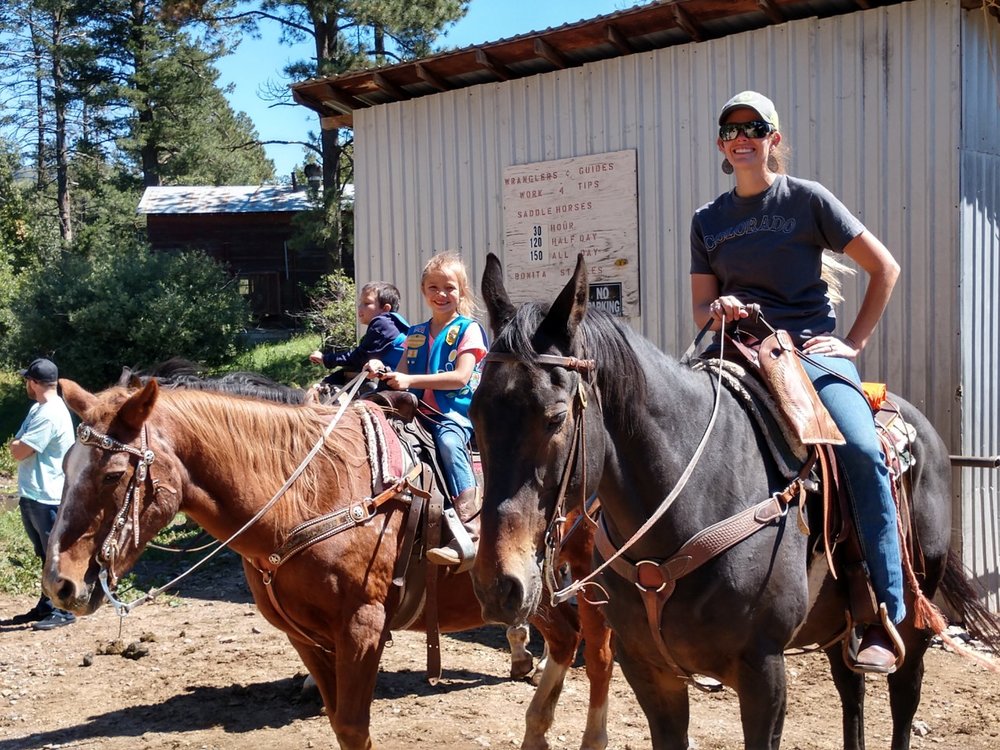
What does it mean to be New Mexico’s 55th ever TOY and what do you hope to learn and accomplish during your yearlong tenure as TOY?
Wow, what an honor it is to be New Mexico’s 55th ever Teacher of the Year. For me, it means that hard work and dedication to my students and this profession has led to greater things than I ever thought possible.
As NMTOY I want to continue advocating and empowering teachers through collaboration and knowledge. Being an active member of the Teacher Leader Network has provided me with the opportunity to work with some of the top teacher professionals in the state. This professional connection has equipped me with knowledge and confidence to return to my school and district informed on policy, teacher evaluations, data, and best practices. Teachers want accountability and sustainability and I am proud of the path education is taking in New Mexico.
I think it is absolutely vital that we stay the course of clarity, building meaningful professional relationships and sharing knowledge. As NMTOY I want to focus on being an agent of change by stepping up and staying involved to make positive gains in education for teachers and students. Over the course of the next year my goal is to grow as a professional and continue finding new ways to help grow and prosper education in New Mexico. I am truly honored to be an ambassador for this honorable profession.
Education in New Mexico can be a contentious topic, so let’s end on that note. Red or Green?
Christmas! I love red AND green chile. When ordering enchiladas I order Christmas with a fried egg. Why have one when you can have both?!
“I wanted to be just like my
